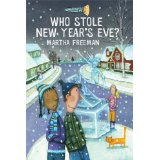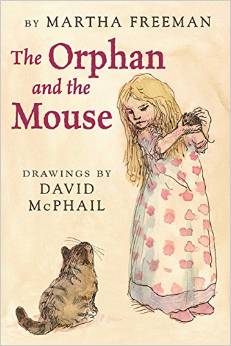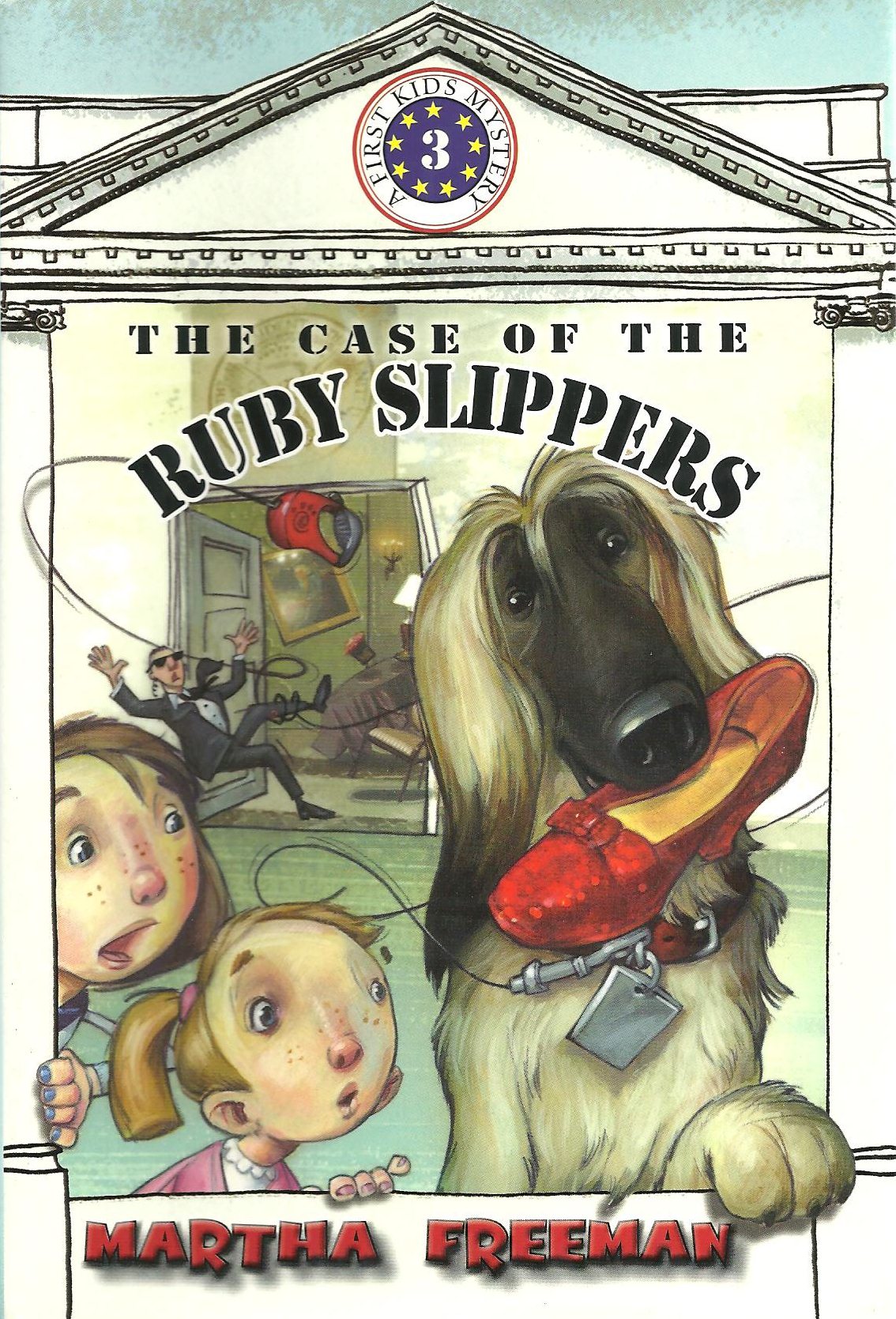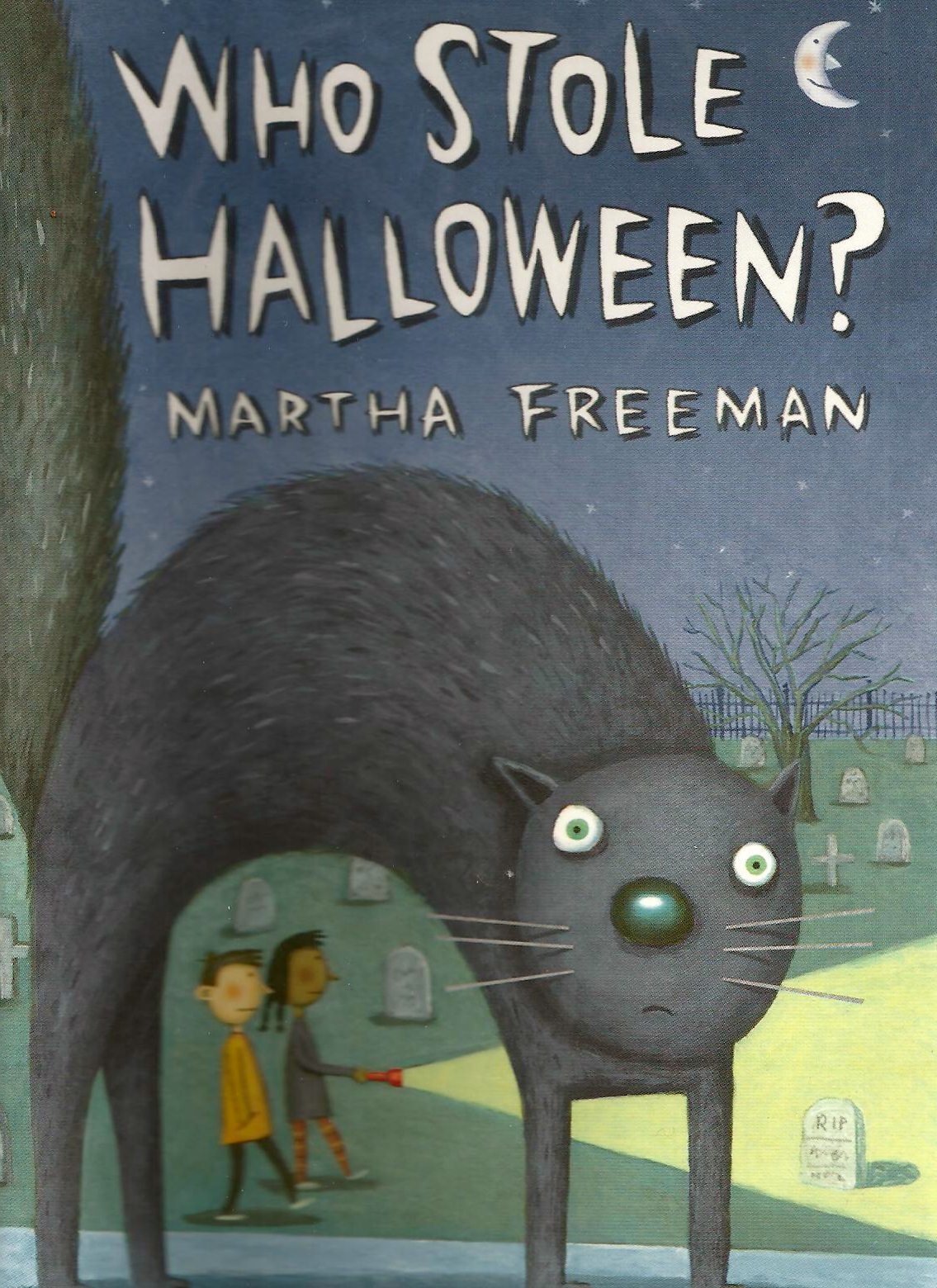A year ago today I quit drinking.
Those who know my fondness for all things whiskey (except Canadian – blecch) or who know me from my cherished affiliation with the Fishtown Beer Runners, may be surprised.
The decision was partly financial. In the weeks preceding the decision, I had awakened a few too many times feeling, shall we say, not my best, which meant I was not so productive, which meant, being as how I am a person earning my own way in the world by scribbling, that I would not earn much money that day.
I couldn’t afford to drink!
Around the same time, my friend Mary Ann told me about something called No Beer for a Year.
I looked it up.
No Beer for a Year is, effectively, a service. You send them money. They send you quotes and literature and what-all with the aim of inspiring you to forego not just beer (that’s for the rhyme’s sake) but all alcohol for a year.
Heck with that, I said to myself.
I am way too cheap to send money. I will just stop drinking till next Oct. 13.
And I did.
Full disclosure: I have drunk two beers and one half-glass of rose in the last year – all in situations where declining would’ve caused unnecessary commentary. Maybe if I’d sent in the money, I would’ve had the willpower to decline even those few ounces of alcohol. We will never know.
So how did my dry year go?
At first, I missed the nightly treat of a beer, or a wee dram, or a few. “At first” probably means the first couple of months. Eventually, I trained myself to look forward to a nightly treat of kombucha or jazzed-up iced tea. Most recently, I have been drinking a lot of fake beer. Many years ago, Clausthaler got me through my pregnancies, and currently their dry-hopped ale is not bad.
Shout-outs also to Brooklyn Brewing Co.’s Special Effects and ABC’s Run Wild. That said, there is room for improvement in this market! Capitalism, please step up!
So the first couple of months were the hardest – and then the holidays hit, and all that merriment that everyone else seemed to be sharing, but I was not or at least not to the same degree. And probably that was the worst of it if not the most surprising. Because here’s the thing: People are more fun, funnier even, if you have had a glass of something.
I know, right? Breaking news? So call me slow, but I think the reality of it felt like news to me.
I mean I’m an extrovert! Practically the definition of same! And as often as not in social situations, I found myself thinking I’d rather be home with a book. (In fact, I have gotten a lot of reading done this year.)
And what about the benefits? Am I clearer-headed? Is my memory better? Most importantly, am I more productive?
Clarity/memory-wise, I am not sure, but I think so. I am famous in my family for an episode known as “Rosa got an A in French,” which dates from the time I was told twice within a short span about my daughter’s grade and responded with equal surprise and delight both times.
Nothing similar has happened in the past year.
I also think… maybe… that my memory for the minutiae of new friends’ lives is a little better than it was.
As for productivity, my original motivation: I think yes on that one, too. This year I finished a manuscript I have been laboring on since shortly after Donald Trump was inaugurated. (It’s dystopic. Are you surprised?) Maybe not drinking had something to do with that productivity. Most assuredly, I can say that I sleep a lot better and never wake up feeling the least hung over.
I didn’t tell everyone I know about this no-beer business, partly because I didn’t want to involve myself in a bunch of big discussions and partly because I wasn’t sure I’d be able to stick with it. The people I did tell often responded, “Boy, you picked a tough year – 2020 – in which to quit drinking.”
In retrospect, it was probably the best possible year, though. If I had been drinking, I certainly would have been drinking to excess.
So now what, right?
Here in the pandemic, I socialize more often with my family than with anyone else. My son-in-law has laid in a bottle of bourbon with my name on it. My daughter keeps asking which takeout cocktail from which Boulder watering hole I want first.
Do you think they are looking forward to the return of my more jolly social self?
Tonight, I may mark the occasion by drinking one of the two real beers that have been in my fridge for months.
Or I may not.
I have gotten pretty fond of a good night’s sleep.
The bigger question is whether I can have a beer now and then, a wee dram now and then, without falling back into bad old habits. I don’t know the answer to that question yet. I will keep you posted.




